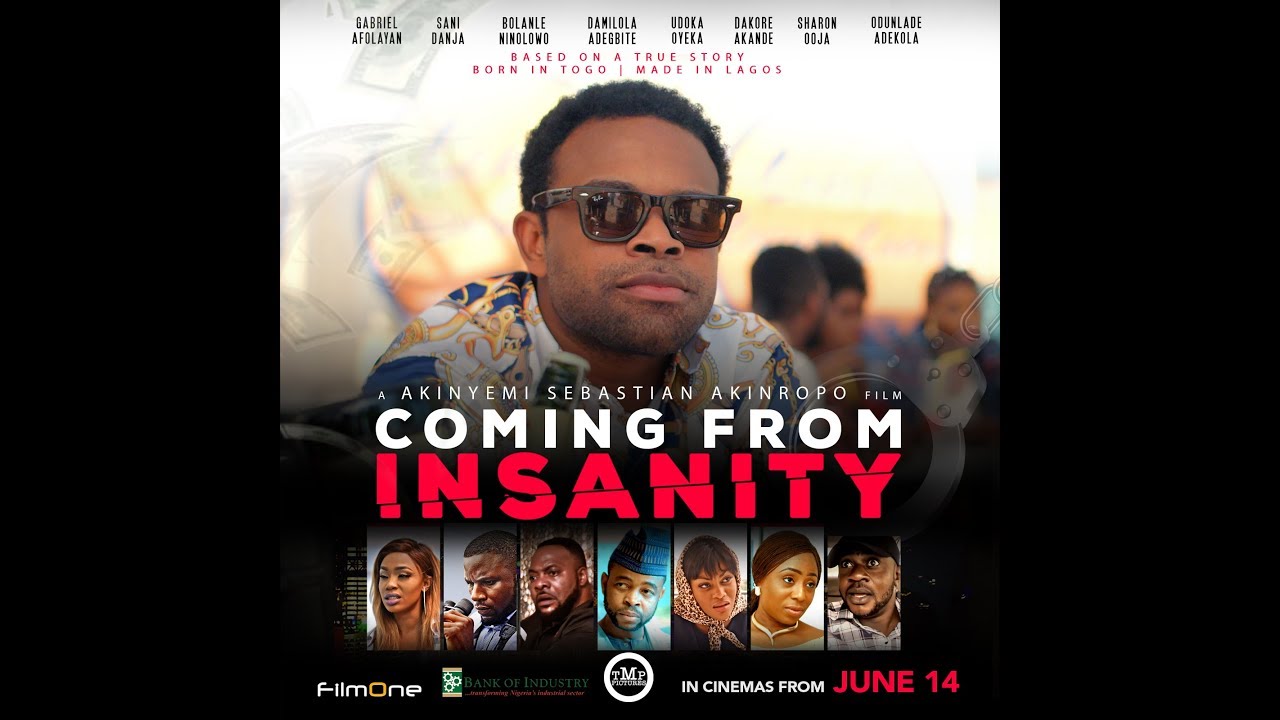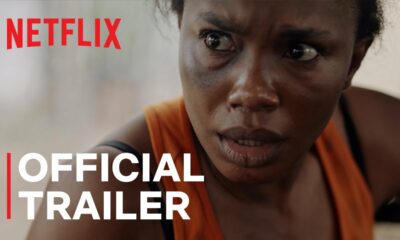Features
Nusaybah Fuad-Gafar: Let’s Tell Stories Unique to us Through our Movies

If there’s one thing I did last year, it was binge-watching a lot of shows and movies. There was a lockdown and I needed to be entertained. I watched many movies – Money Heist, Living in Bondage: Breaking Free, Sylvie’s Love, Kissing Booth 2, Citation, etc., and while watching all these, I couldn’t help but notice that Nollywood isn’t the same anymore.
There’s no doubt that the quality of Nigerian films over the last decade has improved tremendously. From the stories, cinematography, lighting, sounds – everything seems so much better. The storylines have also evolved through the years. Aside from just being entertaining, many Nigerian movies have shed the light on the problems faced by Nigerians, a typical example is the Oloture movie. Like Citation, our movies are also showing what it means to live in a ‘sane’ environment where systems are put in place to curb sexual harassment in the school environment. These movies are genuine and very relatable and there’s always something to learn from them. For me, the best part is that when it comes to their scripts, Nigerian movies are also not repetitious, so we don’t have the every now and then “boy meet girl, and fall in love” stories in Bollywood.
Still, we need to do better with our movies, especially when it comes to telling more of our stories because no one can tell it better than us. The other day, I saw an article saying Anthony Mackie was going to star in a Netflix action thriller titled, The Ogun (The Medicine). The story is set in Nigeria and I believe that the film would be more relatable if it had Nigerians in it.
The originality of Nigerian stories would play a huge part in us taking over the world. In 2020, Netflix struck a deal to partner with African filmmakers, this has not only exported our movies beyond the shores of Africa but also gives a lot of room for expansion for the producers, directors, cast, upcoming actors, and so on. This is an opportunity to tell stories that are peculiar to us, that talk about the beauty and resilience of the people, stories that show the genius of many Nigerians, or address issues that have been plaguing us. An example of such story is Coming From Insanity which sheds a light on human trafficking in West Africa.
This is also an opportunity to showcase the our rich culture and traditions. While western movies may portray Africa as a dusty slum with poor food or awkward accents, we must not promote this narrative by exporting movies that show Africans in bad light or movies that show us promoting western culture, traditions, food, and accent above our own. Let’s be original in telling our own stories.
As people, we also need to play our part by talking more about our films, doing enough publicity and believing in our filmmakers. “I can never watch Nollywood” is you sh*tting on those who have invested their blood and sweat in ensuring that our stories are told and our movies are watched all over the world. We may not be there yet but we have experienced tremendous growth in the last few years. Let’s hold on to that and encourage our filmmakers. There’s more to come from the Nigerian film industry and we are already on the way to taking over the world.




















